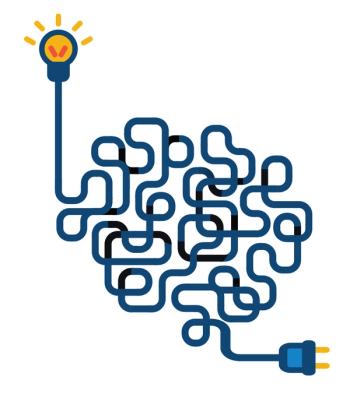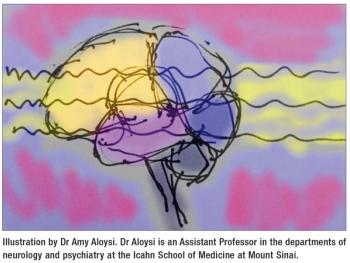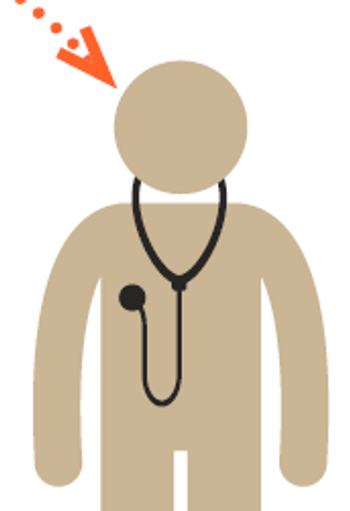
Identifying comorbid anxiety disorders as potential treatment targets may contribute to more positive outcomes for patients with schizophrenia. Details here.

Identifying comorbid anxiety disorders as potential treatment targets may contribute to more positive outcomes for patients with schizophrenia. Details here.

Available data suggest that transcranial magnetic stimulation holds promise as a treatment for GAD. Here: a look at what we know.

The authors examine anxiety in the medically ill: its presence secondary to or as an impersonator of physical illness and its diagnostic and management challenges.

The target for physical activity in adolescents is 60 or more minutes of daily aerobic activity. But it is unlikely that the majority of youths achieve this goal.

When I ask friends and colleagues about this book, most of them have really enjoyed it and would love to discuss it with me if I let them . . . but I don’t want to. Here's why.

The Foundation for Excellence in Mental Health Care suggests a total redesign of the mental health system from the federal level down to the local level. Three overarching themes are articulated.

Some recent breakthroughs, using newly developed neuroscience investigational tools, suggest that if research resources are available, we could soon make substantial advances in understanding the mechanism of action of ECT.

Everyone who has ever billed a third party for psychiatric care knows that lack of “medical necessity” is the catch phrase used throughout the insurance industry to deny care that the clinician who has actually evaluated the patient has determined is needed.

Contemporary ideas about psychotic conditions and clinical approaches for treatment.

Take the ethics quiz about a cognitively intact, highly intelligent patient with good ego strength and coping skills who plans to commit suicide.

I’m driving home from the ER, not ready for sleep, eaten up by memories of my mistakes...

E&M codes are more complicated to learn, but psychiatrists can now deservedly get paid more for treating their more complicated patients or for engaging in time-consuming activities. Here: a focus on codes 99212 to 99215.

Can we predict risk for depression? There are no genetic tests or imaging tests that can be used to predict individual risk. But a longitudinal study at Stanford University is worth watching.